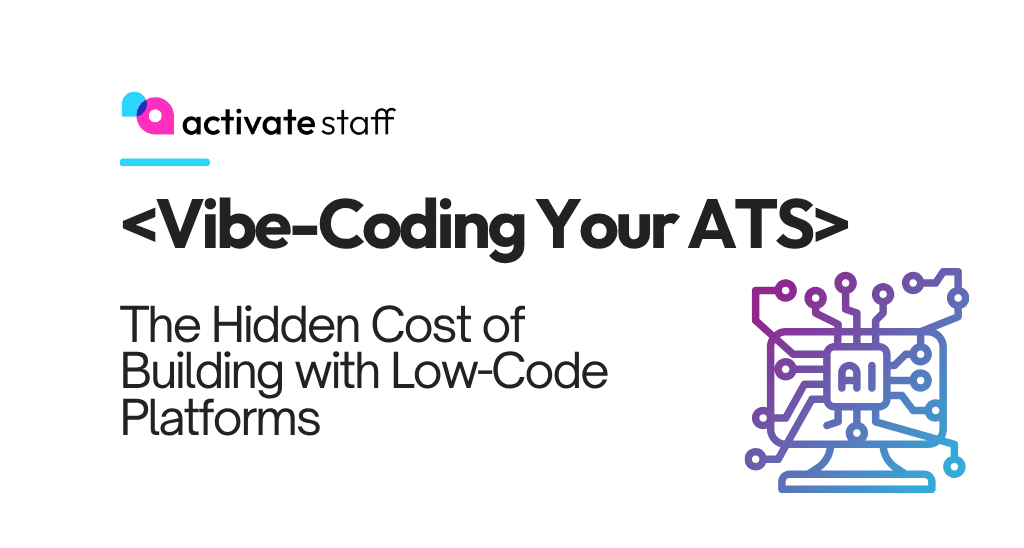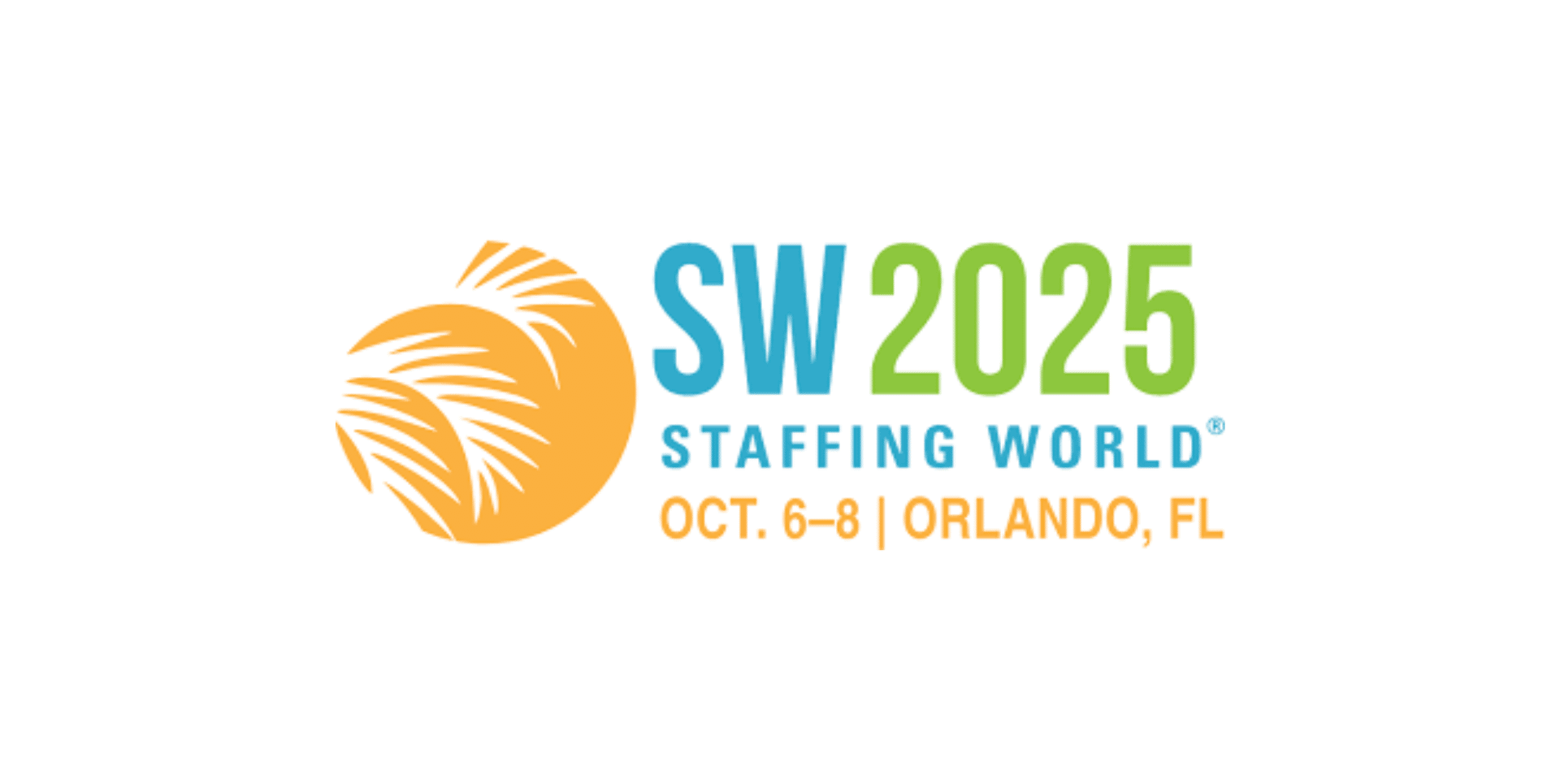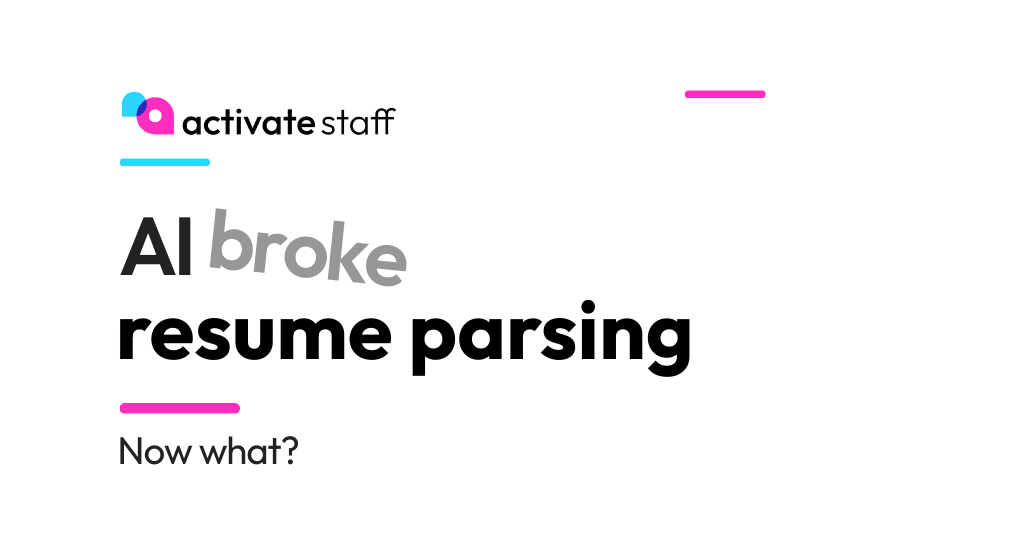Artificial Intelligence (AI) has infiltrated almost every industry, not only reshaping how we conduct business but also transforming the roles we play in the workplace. The staffing and recruiting industry is no exception. Seemingly overnight, AI has set the industry ablaze with transformations in talent acquisition with algorithms capable of sifting through resumes in seconds, chatbots that can engage with candidates and clients and predictive analytics to forecast the hiring landscape.
While it is important to embrace this technological revolution, it’s also essential to tread carefully. The rapid influx of AI technology brings along a host of ethical considerations that we’ve never faced before and, if left unaddressed, could inadvertently cause harm. The issues surrounding data privacy, misuse of sensitive information and algorithmic bias are serious concerns that should not be overlooked.
In this blog post, we will delve into the ethics of AI in staffing and recruiting. As AI continues to evolve and become more ingrained in our day to day, addressing these ethical concerns is vital to ensure a fair, unbiased and respectful recruiting process.
Ethical considerations for using AI in staffing and recruiting
Hiring bias in AI
AI has an incredible ability to learn from the data that it’s been given. But this is also one of its greatest weaknesses. While machines should inherently have less bias, the training data and human input can introduce these biases, affecting the fairness of the hiring process.
These biases have been shown to manifest in many ways. Biased training can cause the AI to favour certain backgrounds or skills disproportionately. It has even been shown to discriminate against certain demographics. The exact source of these biases can be difficult to pinpoint. Because of these concerns, many businesses have restricted or banned AI usage until more information and best practices have been established.
Data privacy
In staffing and recruitment, a large amount of personal information is collected in order to best place candidates with the right jobs. AI can process this information quickly and can really speed up time to hire for agencies. While these tools offer efficiency, there’s significant concern over data privacy and improper handling of this information.
For example, a recent story from Forbes shared how Samsung banned ChatGPT after some of their code leaked earlier this year. This leak happened when one of their employees plugged some code into the tool without realizing the program had features to save chat history to train its future models.
Matt Dichter from Staffing Engine, discusses this in a recent episode of Staffing Buzz with Brooke. If applied to staffing and recruiting agencies, this means any sensitive data, such as candidate information or job data, that has been plugged into AI tools to help write a job description or filter a resume may continue to exist in the program. What happens to this information or who has accessed this information is difficult to trace once it leaves your internal database. It’s important to educate your team and take precautions to prevent this.
Awareness of ethical concerns
In recent months, a large number of tech leaders have begun to speak up about the concerns regarding the advancements of AI. It’s important to remember that AI is still in the early stages of development and will need further refining before it can be fully trusted. These tools should be seen as they are – tools to help you do your job more effectively. It still requires a human touch to make sure that it’s done right.




